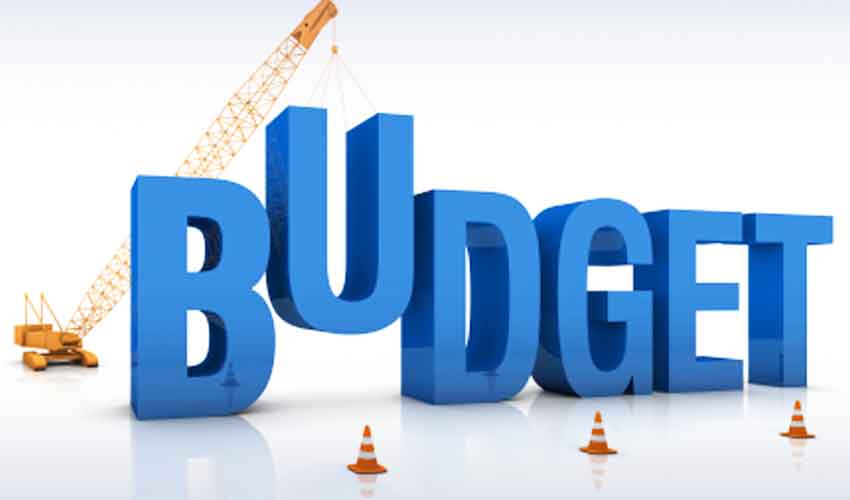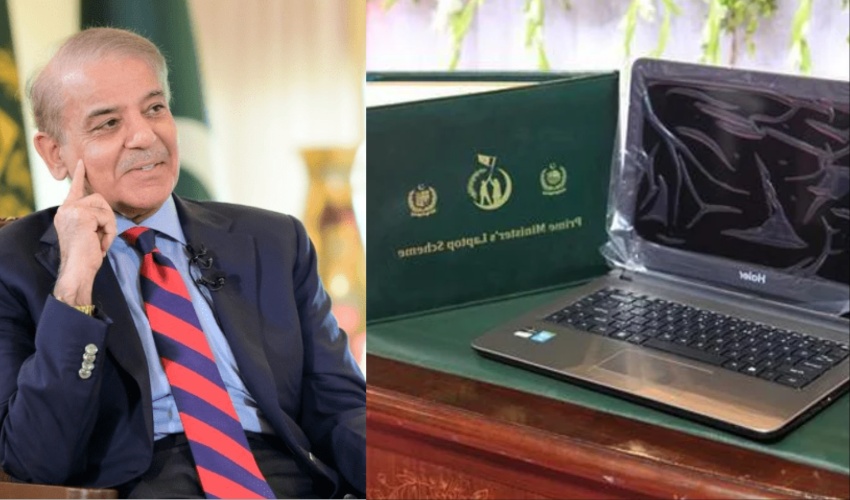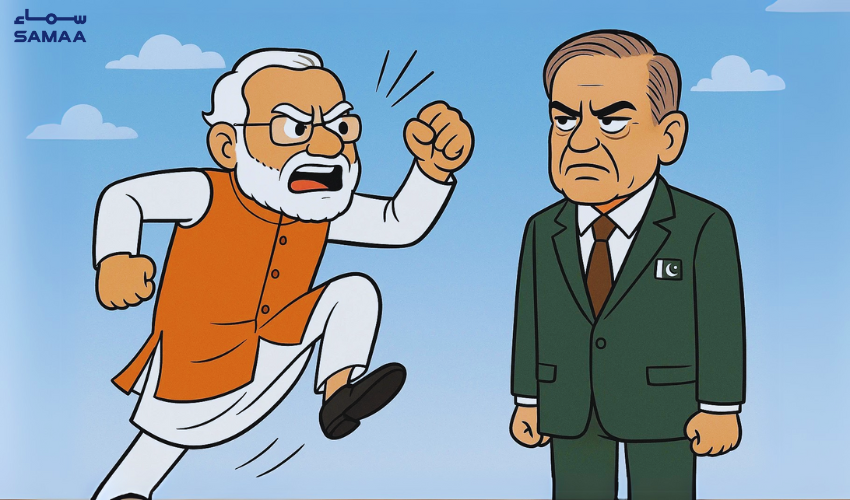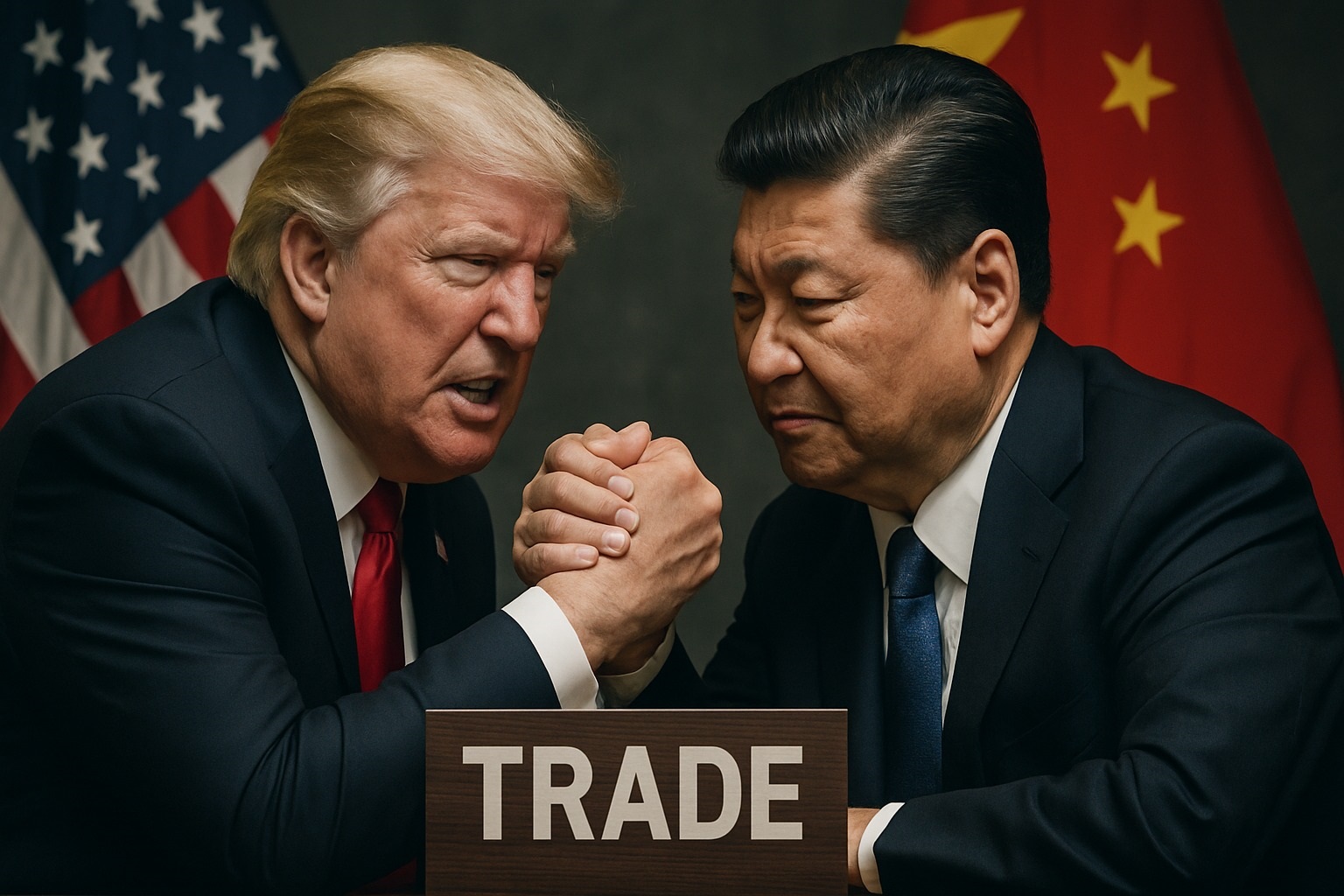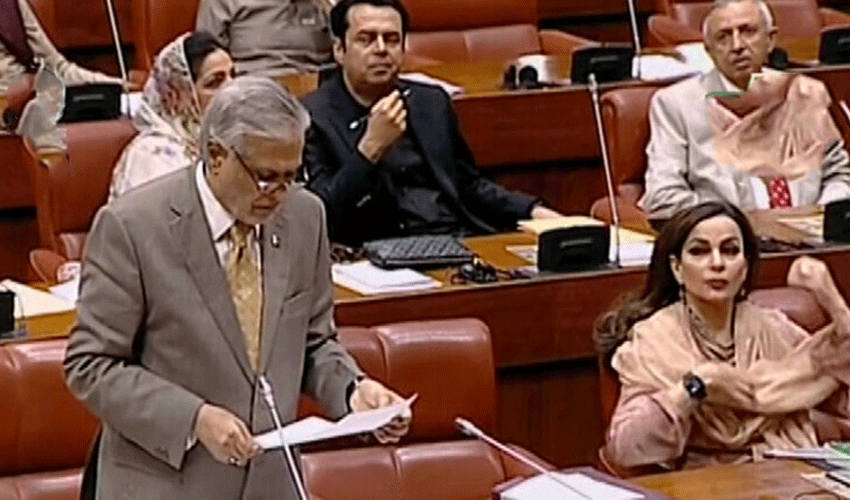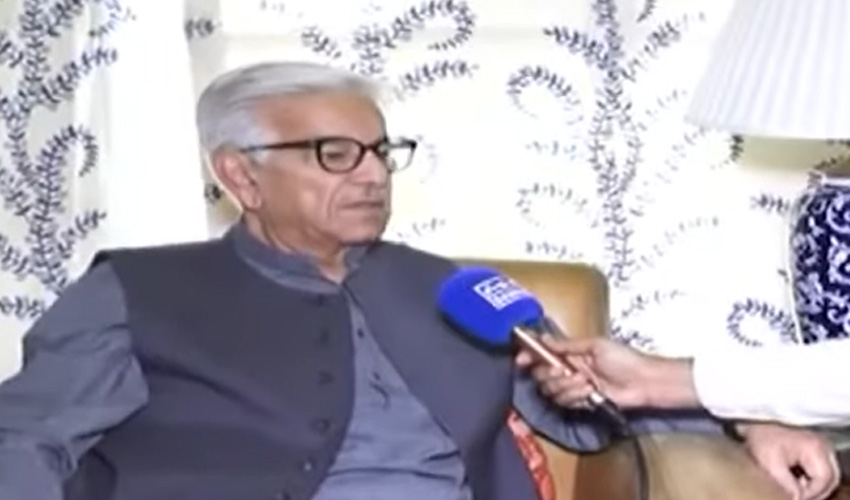As budget season rolls around once again, discussions inevitably turn to staggering sums of money. Terms like billions and arabs (not to be confused with our long-awaited Saudi benefactors) are tossed around, accompanied by jargon such as "primary deficits," "slippages," and "base charges." To most of us, these terms might as well be in a foreign language, making the entire process feel alien and inaccessible.
The economy is undeniably a critical issue, yet the conversations about it remain the domain of a select few who seem disinterested in engaging the general public. As someone who counts myself among the economically uninformed masses, I struggle to grasp the complexities of our financial system, particularly in a country as intricate as Pakistan.
A fragile economy
Pakistan's economy is in a state of fragility, rivaling the instability of the civil-military relationship. Despite this, every political party that has held power recently claims to have averted disaster and default, touting their economic management as a success. If these efforts constitute success, one shudders to imagine what failure would look like.
Beyond the familiar refrain of finance ministers insisting that the International Monetary Fund (IMF) is unavoidable, little has changed in our economic strategies. Since 2018, our "solutions" have largely consisted of hoping for miraculous foreign aid or investment to rescue us. During the PTI's tenure, there was a belief that exports would skyrocket once Ishaq Dar's exchange rate policies were discarded.
However, after years of punishing currency devaluation, it became clear that exports alone would not save us. The latest focus is on attracting foreign direct investment (FDI), but this too seems like a pipe dream.
Foreign investment
The current mantra centers on FDI, with hopes pinned on attracting significant foreign investment. However, little has been done to create a conducive environment for such investment. This approach is as futile as the harsh reality of monthly utility bills serves as a stark reminder of the disconnect between lofty economic aspirations and the daily struggles of ordinary Pakistanis.
Despite the persistent rise in prices, there has been one notable change since the PTI's tumultuous relationship with the IMF: a finance minister who openly acknowledges the necessity of adhering to IMF conditions.
While he articulates the need for tough decisions, there is a lack of communication with the public, who have grown weary of hearing what needs to be done without seeing meaningful action. This task of convincing the populace ideally falls to the Prime Minister, but his perceived lack of genuine leadership complicates matters.
Govt's disconnect from people
The current Prime Minister, by his own admission, only holds the position because his brother declined the role. This reality makes it difficult for the public to have confidence in his leadership. The government continues to repeat the same policies from the PDM era, even after distancing itself from the previous finance minister.
One particularly misguided idea was an attempt to convince the IMF to subsidize industrialists by increasing consumer prices. This plan, reminiscent of the PTI's proposal to charge lower rates for motorbikes while hiking rates for cars, was predictably rejected. These strategies underscore a fundamental lack of innovative thinking and a reliance on failed policies.
The government seems unable to address the power sector crisis effectively. Prices continue to rise, placing unbearable pressure on the public and leading to street protests. The rhetoric of "difficult decisions" rings hollow outside of air-conditioned rooms where policymakers are insulated from the consequences of their actions. Real change requires taxing traders and bringing them into the tax net—a move that successive governments, including caretaker administrations, have failed to implement.
A recurring claim is that the economy has "stabilized." This assertion is akin to wearing a corset and proclaiming significant weight loss—it may look better on the surface, but the underlying issues remain unresolved. While policymakers may congratulate themselves on temporary fixes, the public remains unconvinced and burdened by the rising cost of living.
As budget discussions continue, it is crucial for the government to bridge the gap between economic policy and the people. This involves not just making tough decisions but communicating them effectively and demonstrating a genuine commitment to addressing the root causes of our economic woes.
For any economic strategy to be successful, it must include the people it aims to serve. Policymakers need to move beyond technical jargon and engage with the public in a meaningful way. This could involve public consultations, transparent communication about economic policies, and efforts to educate the populace about the complexities of the economy.
Moreover, the government should focus on creating a stable and attractive environment for both local and foreign investors. This includes addressing structural issues, such as regulatory inefficiencies, corruption, and inadequate infrastructure, which have long hindered economic growth.
Investing in education and skills development is another critical area. By equipping the workforce with the necessary skills, Pakistan can boost productivity and attract higher-value investments. Additionally, fostering innovation and supporting small and medium-sized enterprises (SMEs) can drive economic diversification and resilience.
Ultimately, rebuilding trust between the government and the public is essential. This requires a commitment to transparency, accountability, and inclusive governance. By genuinely addressing the concerns of the people and demonstrating a willingness to implement meaningful reforms, the government can foster a more resilient and prosperous economy.
In conclusion, while the budget may seem like an abstract exercise in number-crunching, it has profound implications for every Pakistani. Bridging the gap between economic policy and the public is not just a matter of communication but of commitment to genuine, inclusive development. As we navigate these challenging times, it is imperative for the government to not only articulate its vision but also to take concrete steps towards achieving it, ensuring that no one is left behind in the journey towards economic stability and growth.





